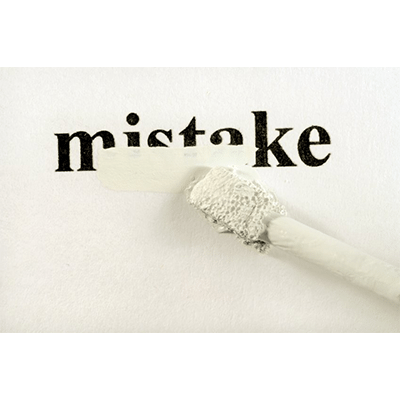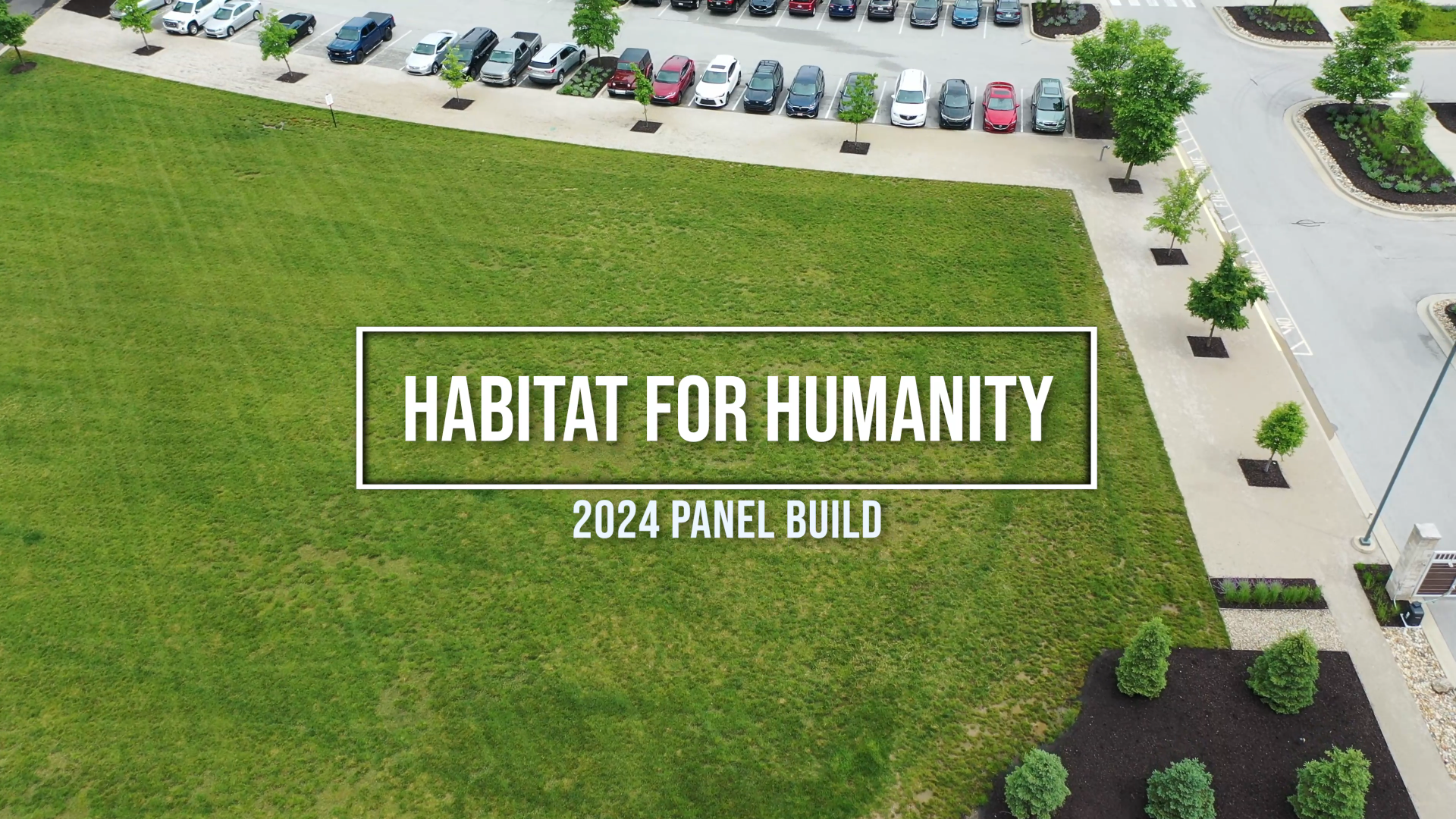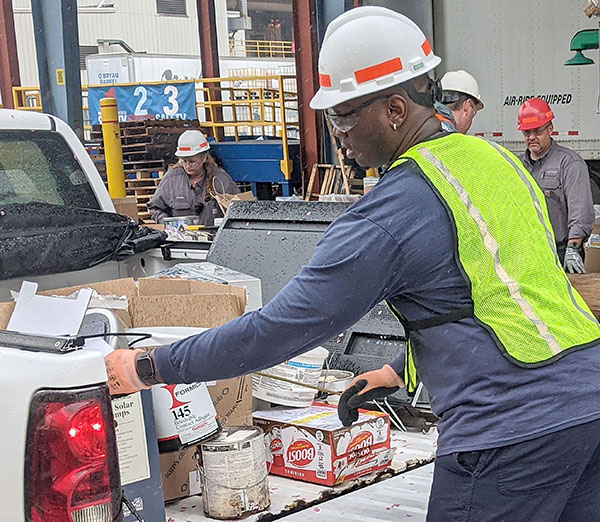
If you ever find yourself with a spare minute you should do a quick Google search for things to stop doing, things you do that make you look dumb, etc. It’s a pretty common theme in the blogosphere. Don’t believe me? Check out a couple of my favorites before reading on.
Number one on my list is, “15 Grammar Goofs That Make You Look Silly” (this one is even in a handy infographic). Another good one is “10 Things You Need to Stop Doing Today to be Happier.” Pretty good, right? I think the great thing about this kind of post is that we are so used to being told what to do that it is a bit of a novelty to see information presented in this less conventional way.
That said, I thought I would jump on the bandwagon and list out six mistakes you may be making, in the area of hazardous waste regulations, manifests, and more, that you should really try to stop;
1. Neglecting state regulations when dealing with hazardous wastes. While RCRA regulates hazardous waste management on a national level, you can still get yourself and your company into trouble if you don’t know about and adhere to individual state regulations.
2. Not properly closing hazardous waste containers. Always remember, if contents would spill out in the event of an overturn the container is considered open.
3. Using hazardous waste storage containers that are too old/not in ideal condition. As a general rule, know that if the container becomes damaged, deteriorated, or begins to leak, the wastes should be transferred to a container that is in good condition.
4. Having inadequate aisle space in your container storage area. Adequate aisle space must be maintained to allow unobstructed movement in response to an emergency as well as to perform weekly inspections.
5. Not performing weekly storage area inspections. This was one of the points covered in our Top 10 Hazardous Waste Violations eBook. It is vital to perform these inspections in order to maintain RCRA compliance.
6. Failing to follow compliance documentation rules. This includes, having a contingency plan, having personnel training program and records, having documentation of inspections, having copies of manifests and LDR forms, having biennial reports, having waste analyses/determinations, and having a documented waste minimization program on site.
So what do you think? Are you still making any of these mistakes? And perhaps most importantly, if you are what plans do you have so you can cease making them?
More News From Heritage
-
10/14/24
Heritage Environmental Services Announces Timothy Thomas as Chief Operating Officer
Heritage Environmental Services (“HES”), an EQT Infrastructure portfolio company, announced today that Timothy Thomas will join the organization as Ch
-
10/1/24
Heritage Environmental Services Complete Acquisition of EBV from General Dynamics
Heritage Environmental Services, an EQT Infrastructure portfolio company, has completed the acquisition of EBV from General Dynamics.
-
7/31/24
PFAS Regulations: Is 6 the Magic Number?
Learn more about the current and proposed regulation for PFAS and what they mean from our Chief Sustainability and Innovation Officer, Angie Martin.
-
6/27/24
Heritage Environmental Services to Acquire EBV from General Dynamics
Heritage Environmental Servicess, an EQT Infrastructure portfolio company, will acquire EBV from General Dynamics
-
6/13/24
Meet The Facilities – East Liverpool
An inside look at our incineration facility located in East Liverpool, OH
-
5/24/24
Habitat for Humanity 2024
Heritage hosted our 14th annual Habitat for Humanity build this month, partnering with over 50 employees from various THG companies.
-
5/6/24
Date set for the household hazardous waste collection in East Liverpool, Ohio
-
3/12/24
Equal Pay Day – Spotlighting Our Female Drivers








